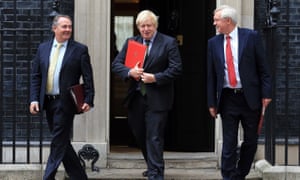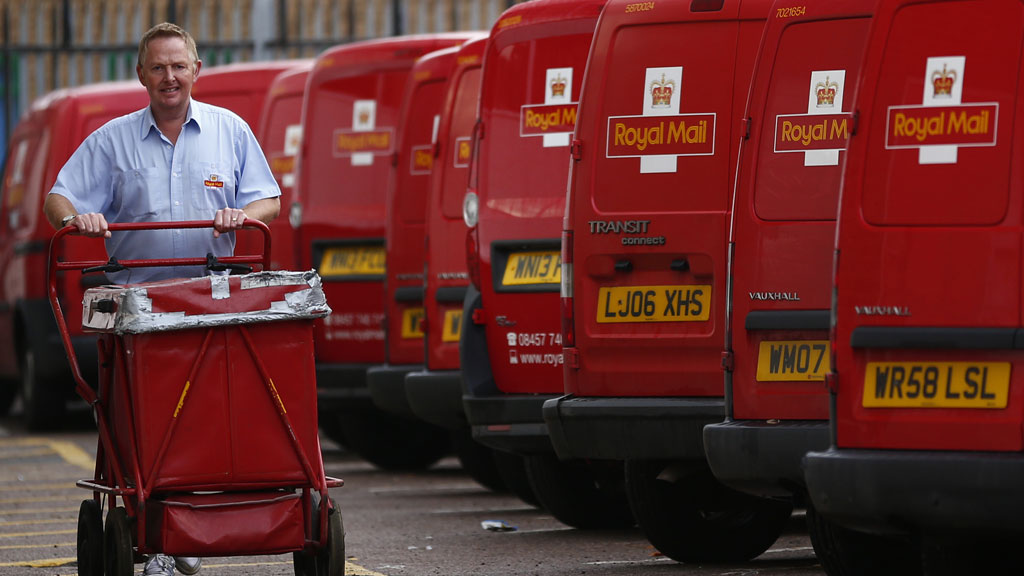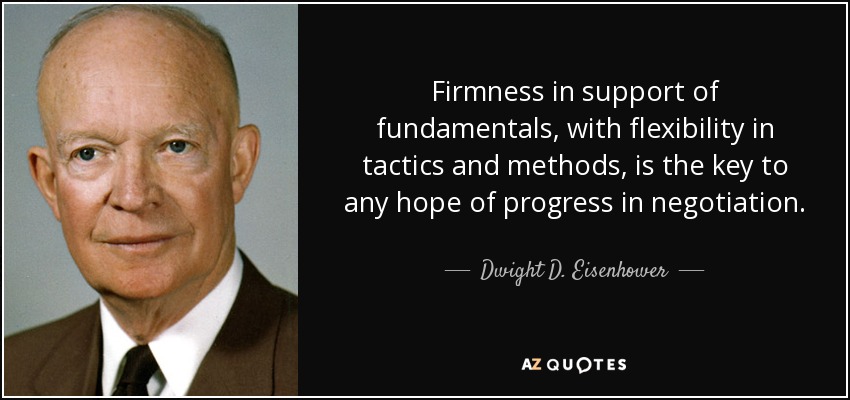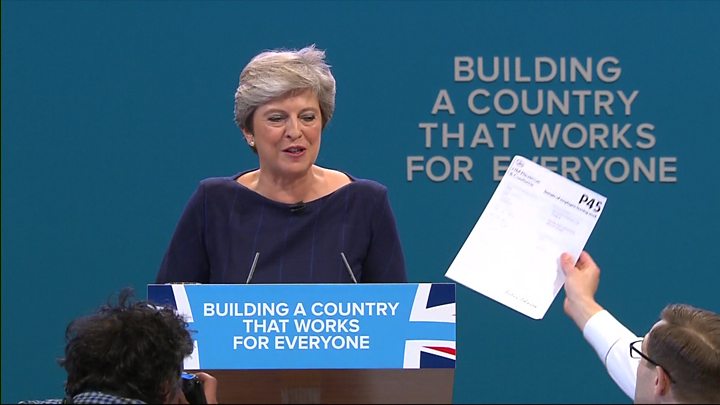So, after a long-time trying to negotiate with the EU, the intervention of Macron and Merkel over the weekend has seemingly woke-up the British Government to the reality of its situation.
The EU is asking the impossible in return for a deal, extra-territorial rights for it citizens, a united Ireland in effect and a huge cash bribe. None of this is either desirable, or frankly, even deliverable by the UK Government. The UK had been patiently waiting for the German and French elections in the autumn of 2017 in the hope that the crazy demands might get watered down.
Predictably, this has not come to pass. The EU needs to try to save itself from further break-up and dis-order and is in no mood to accommodate the UK. Plus there is finally a chance to put one over on a trade/power rival - they have not gotten very far with Russia to date, nor America, after all. Let's not even start with China....
So, the problem is that No Deal is in fact a really bad place to start. It was always going to be this way, but with only a year to plan, it is hard.
Let's just take the WTO-rules. We are not really a member of the WTO, votes are required by all members to make this happen - this sounds a lot like negotiating with the EU 27. In fact, the most likely route is that we do not join the WTO but become and 'Observer' this way we can sigh trade deals.
Also, collecting tariffs, a net benefit for the UK, also requires customs points everywhere- real ones. These now need to be built and a eighteen months is a tight schedule.
Then there is air travel, this needs some sort of agreement to continue the status quo as a minimum. These discussions need to start.
Euroatom is another one, though over-hyped. Who is going to come and switch off-off our nuclear plants in reality?
Then there is the status of EU citizens, again, actually this is quite straight-forward if we just offer them all the right to remain, but there is a lot of paperwork for a lot of people. Plus we will need to decide how many visas to offer so that we do not get a cliff-edge employment scenario.
Of course, taking this route will also drive the remainers insane. they are going to go to court, demand referendums and crazed attempts to undermine the Government. It will be a rocky road. Business too will freak and we will have to start dealing with some tantrum moves by international companies and City businesses, as well as some actual needed ones from supply chain companies.
Overall, the big challenge to me is that No Deal requires some very different conversations with the EU as compared to 'Deal' conversations. Due to their nature, we can't really do them in parallel, this means that if it is to be no deal then the Government needs to announce this by the end of the year.















